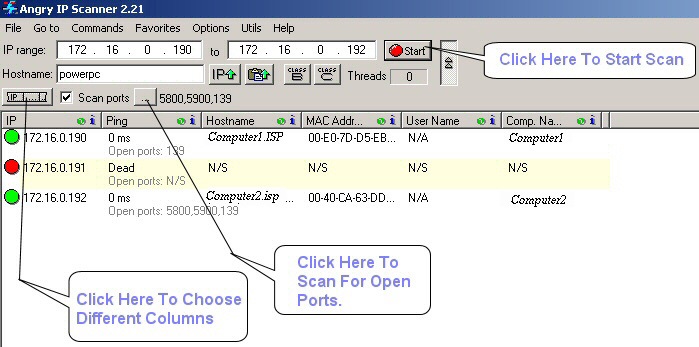PCI DSS (Payment Card Industry Data Security Standard) compliance is critical for any organization that accepts credit card payments. The standard was created to ensure that all organizations that handle cardholder data maintain a secure environment to protect against data breaches and fraud. As part of the compliance process, organizations must undergo a PCI DSS audit, which can be daunting.

Understanding the PCI DSS Requirements
The first step in preparing for a successful PCI DSS audit is understanding the standard’s requirements. The standard has 12 requirements that are grouped into six categories:
- Maintain a Vulnerability Management Program
- Implement Strong Access Control Measures
- Protect Cardholder Data
- Frequently Monitor and Test Networks
- Maintain an Information Security Policy
- Build and Maintain a Secure Network and Systems
It’s important to understand that PCI DSS compliance is not a one-time event but a continuous process. Organizations must maintain compliance on an ongoing basis to ensure the security of cardholder data.
Implementing a Strong Security Program
Organizations must have a robust security program in place to achieve and maintain PCI DSS compliance. This includes:
- Regularly monitoring systems and networks for potential security threats
- Implementing strong access control measures to ensure that only authorized individuals have access to cardholder data
- Keeping systems and software up-to-date with the latest security patches and updates
- Conducting regular security training for employees to ensure that they understand the importance of security and their role in maintaining it
Working with Qualified Security Assessors (QSAs)
Many organizations work with Qualified Security Assessors (QSAs) to ensure a successful PCI DSS audit. QSAs are independent security organizations certified by the PCI Security Standards Council to assess an organization’s compliance with the PCI DSS standard.
When selecting a QSA, choosing a reputable organization with experience in conducting PCI DSS audits is important. Working with a QSA can help ensure that the audit process is conducted thoroughly and objectively and that any identified issues are addressed promptly.
Preparing for the Audit

Preparing for a PCI DSS audit involves thoroughly reviewing an organization’s security program to identify potential issues that may need to be addressed. Some best practices for preparing for a PCI DSS audit include:
- Conducting an internal audit to identify any gaps in the organization’s security program
- Documenting policies and procedures related to cardholder data and security
- Reviewing and updating security controls to ensure they are compliant with the latest PCI DSS requirements
- Conducting regular vulnerability scans and penetration tests to identify potential security weaknesses
- Ensuring that all employees are aware of the importance of security and their role in maintaining compliance with the PCI DSS standard
PCI DSS compliance is critical for any organization that accepts credit card payments. By implementing a strong security program, working with qualified security assessors, and preparing thoroughly for the audit, organizations can help ensure a successful PCI DSS audit.
Regularly maintaining compliance with the standard can help protect against data breaches and fraud and maintain the trust of customers. If you need assistance with PCI DDS audit or PCI DSS compliance, consider contacting a professional service provider that offers PCI DSS audit services.









